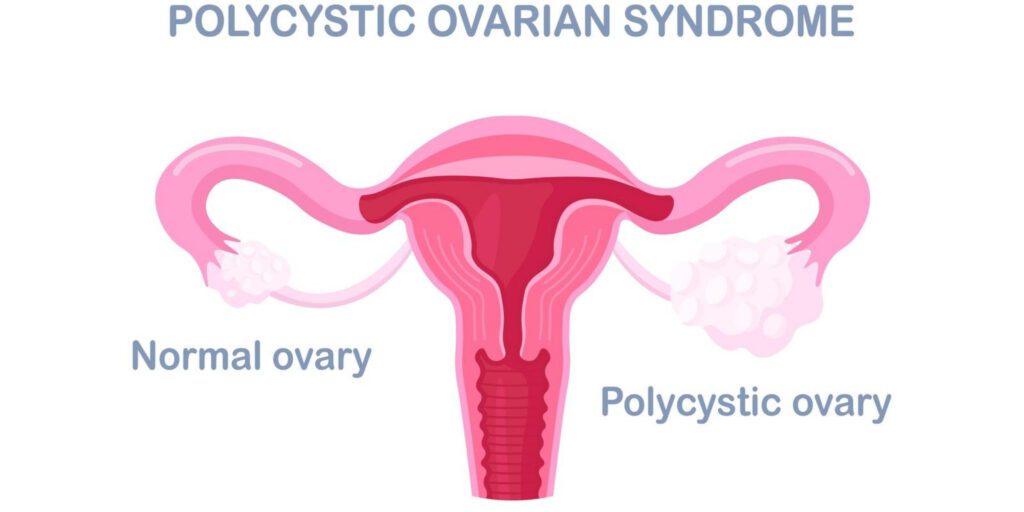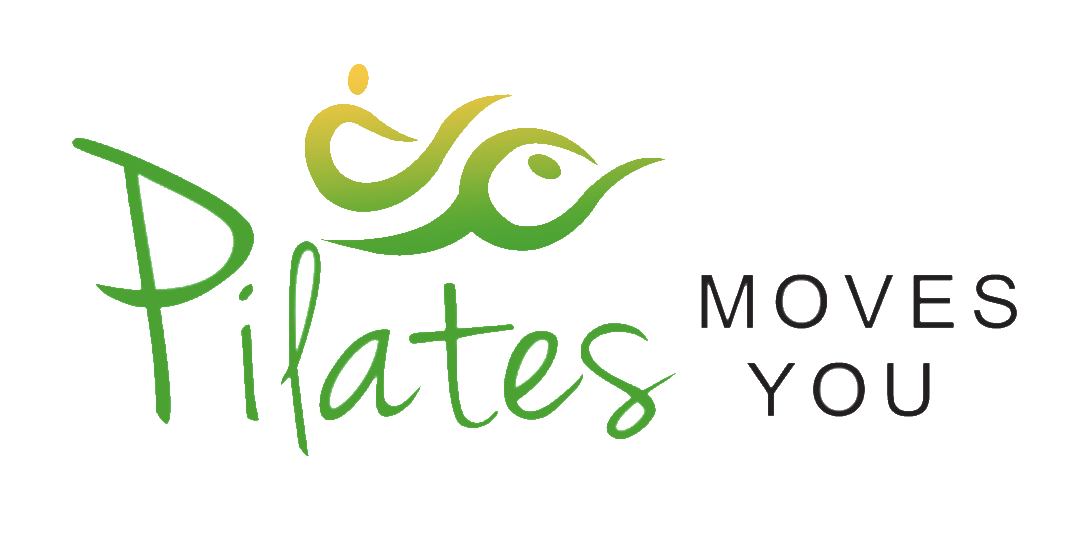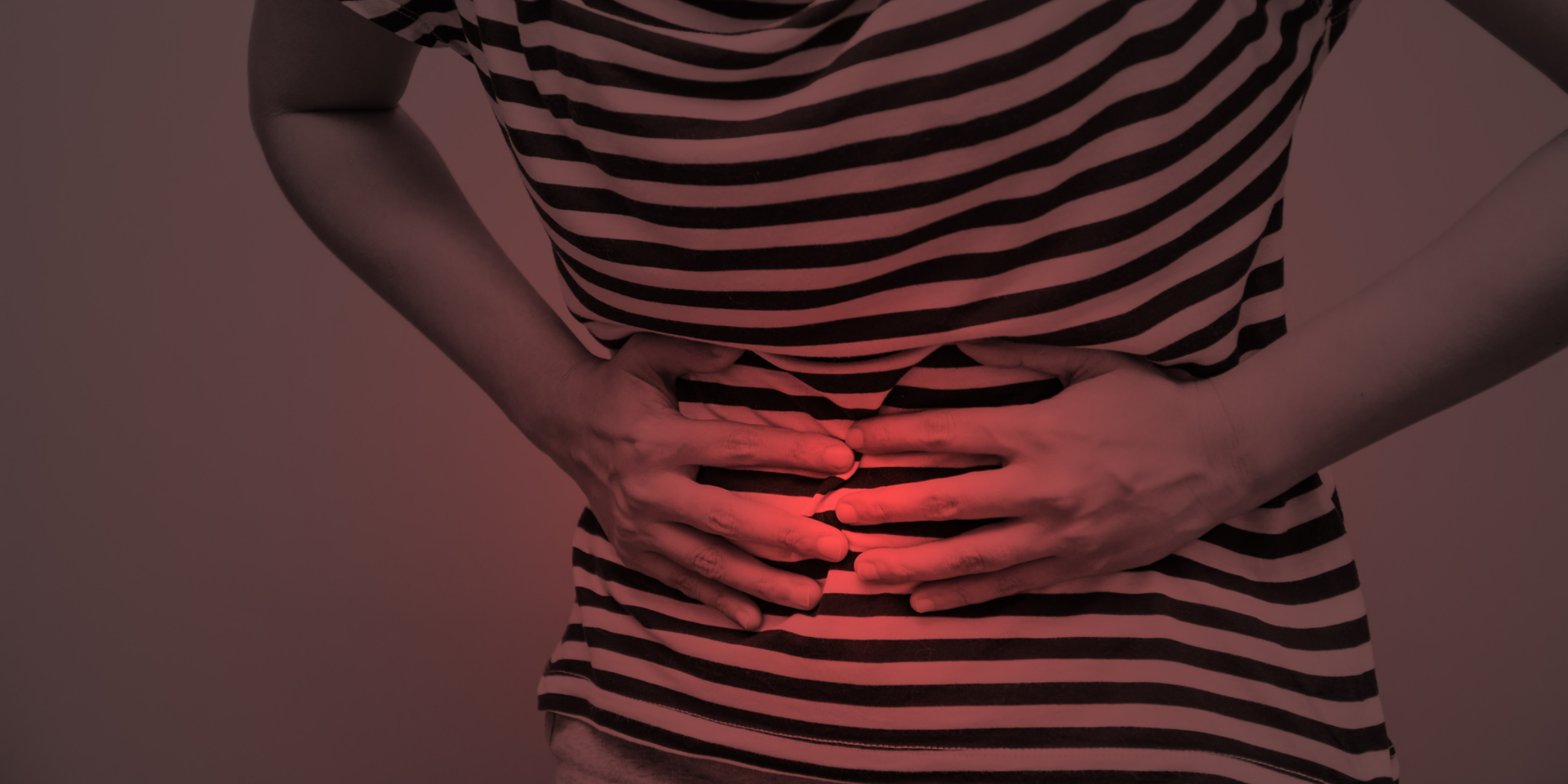Unravelling the tapestry of well-being often leads us to explore a dynamic interplay between diverse elements of health, fitness, and specific medical conditions. Amidst the array of bodily challenges, a condition that affects numerous women worldwide is Polycystic Ovary Syndrome (PCOS).
This particular health concern is often at the nexus of medical investigation and lifestyle modifications. On the other side of this wellness equation resides Pilates, a body conditioning regimen that has become a beacon for those seeking physical strength and mental resilience.
Pilates can be beneficial for PCOS. It enhances physical fitness and reduces insulin resistance, a common concern in PCOS. By aiding weight management and stress reduction, Pilates can contribute positively to managing symptoms of PCOS. Always consult with a healthcare provider.
This article aims to embark on a meticulous exploration, scrutinizing whether the rhythm and discipline inherent in Pilates can have a tangible influence on the course and experience of PCOS.
Understanding Polycystic Ovary Syndrome (PCOS)
Polycystic Ovary Syndrome (PCOS) is a common endocrine disorder affecting women of reproductive age. It is characterized by hormonal imbalance, specifically higher than normal levels of androgens (male hormones) in the female body. This hormonal disruption often leads to irregular menstrual cycles, difficulties with fertility, and physical signs such as acne and excessive hair growth, termed hirsutism.
Another crucial feature of PCOS is the presence of polycystic ovaries, where multiple small cysts (fluid-filled sacs) develop in the ovaries. These cysts are immature follicles that have failed to mature and release eggs due to hormonal disruptions. However, it’s important to note that not all women with PCOS will have polycystic ovaries, and not all women with polycystic ovaries will have PCOS.

PCOS is also often linked with insulin resistance, where the body’s cells do not respond effectively to insulin, causing the body to produce more insulin to compensate. High levels of insulin can lead to further imbalances in hormone levels. Additionally, insulin resistance is a risk factor for developing type 2 diabetes and can contribute to weight gain, another common characteristic of PCOS.
Understanding PCOS is important as it’s not just an issue of reproductive health. It has significant implications for a woman’s overall health, including an increased risk for heart disease, diabetes, and certain types of cancer. Its management often requires a multifaceted approach, encompassing medical treatments, lifestyle modifications, and, potentially, changes in physical activity routines. This is where interventions such as Pilates may find a role.
The Intersection of PCOS and Physical Exercise: Why It Matters
Physical exercise is crucial in managing Polycystic Ovary Syndrome (PCOS). With PCOS often linked to insulin resistance and weight gain, exercise is a natural antidote, enhancing the body’s sensitivity to insulin, facilitating weight management, and promoting overall metabolic health.
Regular physical activity can help normalize hormonal balance by reducing insulin and androgens (male hormones), typically elevated in PCOS. These hormonal shifts can help to regulate menstrual cycles, improve fertility, and alleviate some physical symptoms such as acne and hirsutism.
Exercise also plays a role in managing mental health aspects associated with PCOS. Women with PCOS have a higher prevalence of mood disorders, such as anxiety and depression, and regular physical activity has been shown to reduce symptoms of these conditions by promoting the release of endorphins, the body’s natural mood lifters.
Furthermore, exercise contributes to improved cardiovascular health. Since women with PCOS are at a higher risk for heart disease, regular physical activity, which lowers blood pressure, reduces cholesterol levels and improves heart function, is an essential part of a PCOS management strategy.
However, it’s important to note that the type, intensity, and frequency of exercise can have different impacts on PCOS, and it’s essential to tailor the exercise regimen to the individual’s needs, capabilities, and preferences. Hence, exploring various forms of physical activity, such as Pilates, may offer unique benefits for women with PCOS.
A Closer Look at Pilates for PCOS: What Does the Research Say?
Scientific research exploring the direct relationship between Pilates and PCOS is currently limited. However, the potential benefits of Pilates for women with PCOS can be inferred from studies on exercise, physical fitness, hormonal balance, and mental well-being, all of which are important aspects of PCOS management.
Pilates is known for promoting physical fitness, improving body composition, and enhancing muscle tone, which could potentially assist with weight management. Obesity is a common concern in PCOS and is linked with insulin resistance, a condition where the body’s cells fail to respond effectively to insulin.
Weight loss has been shown to improve insulin sensitivity and alleviate PCOS symptoms. While Pilates is not a high-intensity calorie-burning exercise, it may contribute to weight management and improved body composition with a balanced diet and other physical activities.
Further, the stress reduction and mental well-being associated with regular Pilates practice could benefit women with PCOS. This syndrome is often associated with increased stress, anxiety, and depression, and physical activities that incorporate mindfulness elements, such as Pilates, have been found to decrease stress and improve mood.
Finally, it’s important to note that Pilates is a low-impact exercise form suitable for individuals of various fitness levels. Pilates can offer a beneficial starting point for women with PCOS who are just starting on their fitness journey or prefer a gentler approach to exercise.
While these insights provide promising indications, more direct research is needed to conclusively establish the impact of Pilates on PCOS. Moreover, individuals with PCOS should consult a healthcare provider before starting any new exercise regimen to ensure that it aligns with their unique health needs and goals.
Cautionary Notes: When and Why to Modify Pilates for PCOS
While Pilates has numerous benefits and can potentially aid in managing Polycystic Ovary Syndrome (PCOS), there are certain situations and considerations where modifications might be necessary to ensure safety and maximum benefit from the practice.
- Individual Fitness Level: The intensity and complexity of Pilates exercises should match the individual’s fitness level. Someone new to exercise or with a lower fitness level may need to start with basic movements and gradually progress to more advanced exercises as strength and endurance improve.
- Potential for Injury or Strain: Pilates is generally considered safe, but the potential for injury exists if exercises are done incorrectly. Proper form is crucial in Pilates, and it may be beneficial to initially work with a certified Pilates instructor to ensure proper technique.
- Existing Physical Conditions: Women with PCOS often experience other health conditions, such as obesity, joint pain, or metabolic syndrome. Certain Pilates exercises may need to be adapted or avoided in these situations. For instance, weight-bearing exercises can be modified for those with joint pain, and high-intensity exercises may need to be tempered for those with cardiovascular concerns.
- Energy Levels: Women with PCOS may experience fatigue due to hormonal imbalances or other associated symptoms like sleep apnea. It’s important to listen to the body and adjust the intensity of the exercise accordingly. Some days, a gentle Pilates routine may be more beneficial and achievable than a strenuous one.
- Emotional Well-being: Mental health concerns, such as anxiety and depression, are common in women with PCOS. The mindfulness aspect of Pilates can be emphasized for these individuals to help manage stress and enhance mood.
- Consultation with Healthcare Provider: Before starting Pilates or any new exercise regimen, women with PCOS must consult with a healthcare provider to ensure the chosen activity aligns with their overall health goals and needs.
Remember, Pilates, like any exercise regimen, should be approached as a tool for overall wellness rather than a quick fix for PCOS. Regular practice, patience, and the willingness to adapt and modify as necessary are key to reaping the maximum benefits from Pilates for PCOS management.
Professional Insights: What Healthcare Providers Say about Pilates and PCOS
While direct research on Pilates and Polycystic Ovary Syndrome (PCOS) is still unfolding, many healthcare providers recognize the potential benefits of this exercise regimen for managing PCOS symptoms and improving overall health.
Dr. Roberts stresses the importance of a holistic approach to managing PCOS. While medication may be necessary for some, lifestyle changes, including regular physical activity, are often key. She believes that Pilates, emphasizing core strength, flexibility, and mindfulness, can be a beneficial part of an overall fitness regimen for women with PCOS.
Dr. Sanchez notes that many PCOS patients have successfully managed their symptoms with dietary changes and regular exercise, including Pilates. She emphasizes that Pilates is a low-impact exercise form, which can be especially beneficial for women just beginning their fitness journey or dealing with joint issues.
Dr. Jackson points out the potential benefits of Pilates for mental health. With stress, anxiety, and depression common among women with PCOS, exercises like Pilates that promote mindfulness can significantly enhance mental well-being.
Jenny combines her knowledge of nutrition and Pilates to help her clients manage PCOS. While Pilates may not be a high-intensity, calorie-burning workout, its contributions to improved body composition, strength, flexibility, and stress reduction can be valuable components in a PCOS management strategy.
Dr. Morris points out that Pilates can be a great option for women with PCOS because of its adaptability. She notes that exercises can be modified to suit different fitness levels and physical abilities, making Pilates accessible and beneficial for many individuals.
While these professional insights provide a positive outlook on using Pilates for PCOS, they also highlight the importance of individualized care. Every woman’s experience with PCOS is unique, and the exercise choice should reflect her needs, capabilities, and preferences. Always consult with a healthcare provider before starting any new exercise regimen.
Sources:
–https://thehundred.ae/pcos-management-and-hormone-imbalances-how-pilates-can-help-women/
-https://www.quora.com/Is-Pilates-helpful-for-PCOS




